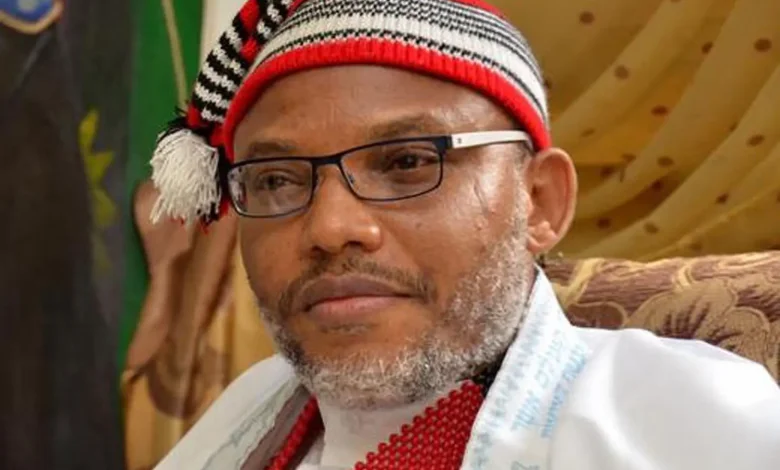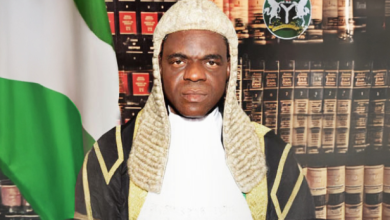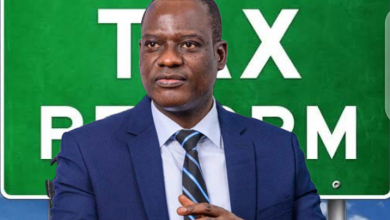Orji Kalu calls for political solution to Nnamdi Kanu crisis amid life sent

Senator Orji Uzor Kalu, representing Abia North, has urged a political approach to resolve the contentious legal battle surrounding Nnamdi Kanu, leader of the proscribed Indigenous People of Biafra (IPOB), following the Federal High Court’s recent conviction of the separatist leader on terrorism-related charges.
Speaking on Channels Television’s Politics Today of Sunday, the former governor of Abia State emphasised that the issue required careful political navigation rather than purely legal confrontation.
“The problem of Nnamdi Kanu is what we need to solve (via a) political process,” Senator Kalu said, adding that he has been actively engaging the Federal Government to find a resolution.
Kalu also stressed that Justice James Omotosho’s decision should not be questioned, as the judiciary had fulfilled its constitutional role.
He further revealed that his efforts to mediate began long before the recent verdict.
The lawmaker said he personally pressured former President Muhammadu Buhari in April 2017 to facilitate Kanu’s release from detention, enabling him to face trial.
The senator acknowledged the instrumental roles of Mamman Daura and former Attorney General Abubakar Malami in ensuring Kanu’s temporary release, highlighting the complex interplay of legal and political factors in the case.
According to Kalu, the prolonged standoff has exacted a heavy toll on the South-East region.
He lamented that numerous people lost their livelihoods and that many lives were lost due to IPOB’s activities.
“We must remember the Igbo who were killed,” Kalu stressed, underscoring the broader social and economic consequences that extend beyond Kanu himself.
Justice Omotosho delivered judgment last Thursday, sentencing Kanu to life imprisonment on four of the seven terrorism-related counts.
Additionally, he imposed 20 years’ imprisonment on Count Three and five years on Count Seven, all to run concurrently, without the option of a fine.
The judge explained that the prosecution had proven its case beyond a reasonable doubt, citing evidence that Kanu orchestrated a sit-at-home order in the South-East and issued threats that amounted to acts of terrorism against Nigeria.
While Omotosho stopped short of issuing a death sentence, the verdict marks a decisive moment in a case that has spanned a decade.
The court’s decision has already drawn criticism and sparked debate, with IPOB’s legal team and consultants, including Aloy Ejimakor, vowing to challenge the sentence at the appellate level.
Senator Kalu stressed that, despite the legal outcome, a sustainable solution to the unrest in the South-East hinges on political dialogue and negotiation.
He indicated plans to contact Attorney General Lateef Fagbemi to provide guidance to President Tinubu on how to address the broader issues raised by Kanu’s movement.
“This is not merely a judicial matter; it is a question of ensuring peace, stability, and reintegration,” Kalu remarked, suggesting that political interventions could complement judicial remedies to prevent further tension in the region.
As the country awaits developments from the Appeal Court, the debate over Nnamdi Kanu’s fate has rekindled discussions on federalism, ethnic identity, and the role of political leadership in mitigating separatist movements.
Kalu’s intervention, rooted in both legal awareness and political pragmatism, signals that dialogue may remain a critical tool in addressing conflicts that cannot be resolved solely through courts.


